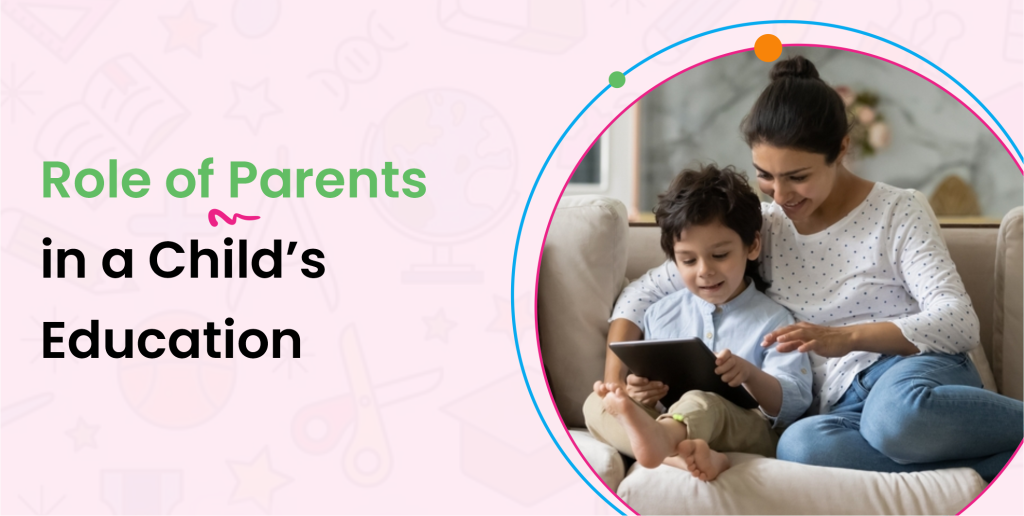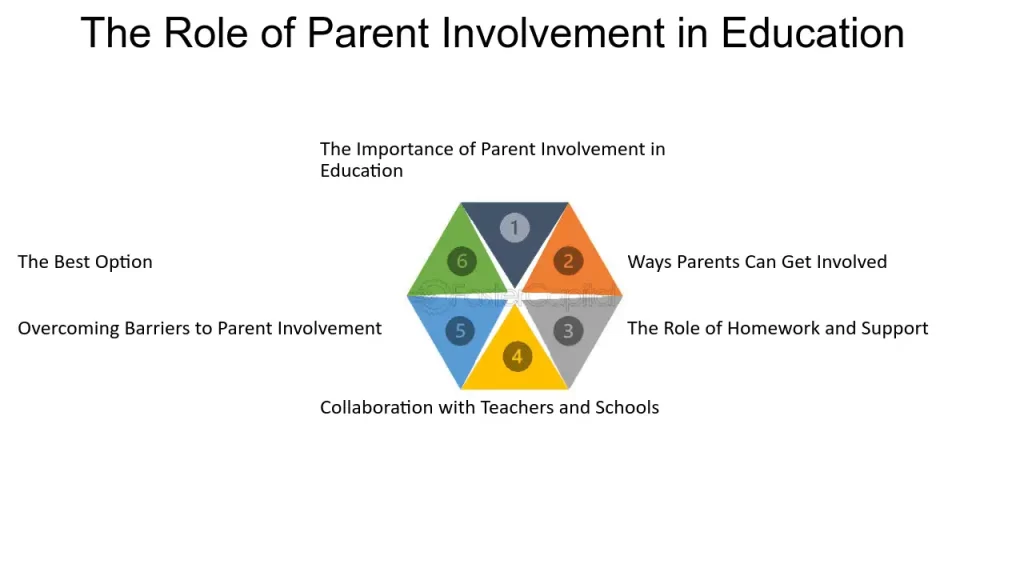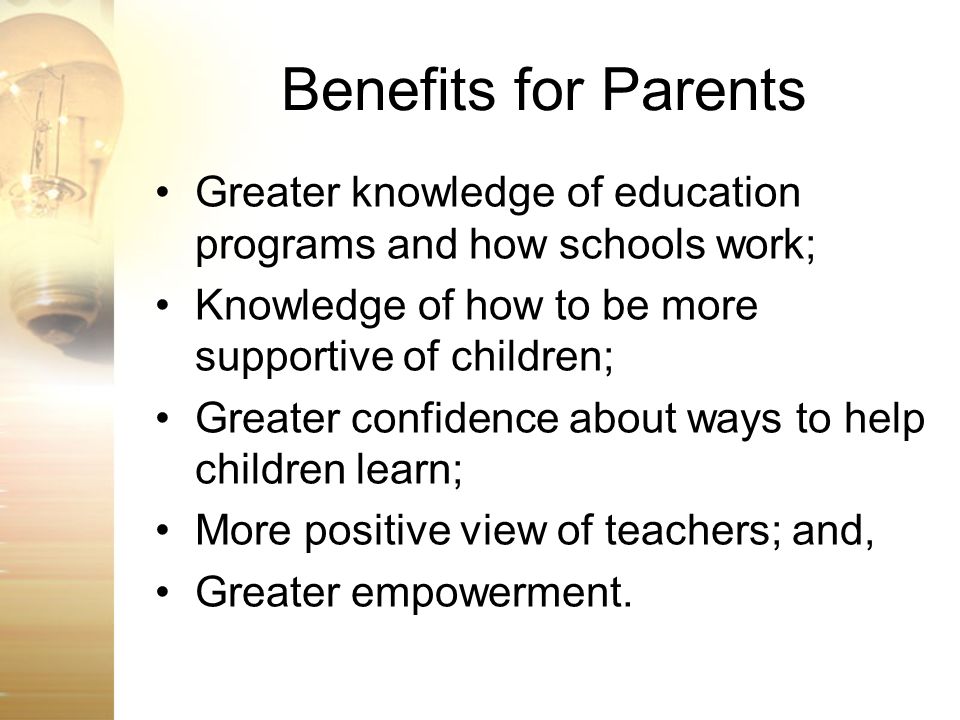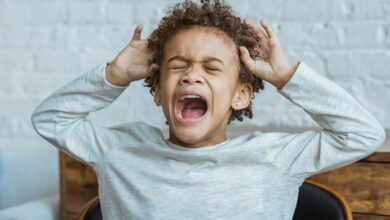The importance of parent education – Child & Family Development

Introduction:
When it comes parent education to teaching their children how to eat, how to live, and what it takes to succeed in life, parents are the ones who have the biggest impact. Children’s success is greatly influenced by their parents and their level of education. Research indicates that well-educated parents typically produce more successful kids.
Being a parent is a difficult job, and we must all always be learning and putting new tactics, methods, and teaching strategies into practice. There is no doubt that not all excellent parents have a college degree, but on the other hand, since educated parents are more likely to experience life’s challenges, their children’s lives can be better shaped.

The importance of parent education
To many people, being a parent is the most significant and difficult job they have ever had—a responsibility that receives little appreciation. All primary caregivers, including parents, grandparents, foster parents, adoptive parents, and others, can benefit from the chance to pick up new skills and relate to kids in a way that makes them happy. It also provides a chance to connect with other parents who might be facing comparable problems.
There are new parenting challenges to overcome in the modern world. Parents could rely on networks of support to assist them in raising their children, and skills, rituals, and beliefs were passed down from generation to generation. In contrast to previous generations, a lot of parents and families are raising their kids in isolation and in silos. These parents are on their own, trying to make sense of it. The abilities a youngster requires to succeed have also evolved.
Every generation observes a shift in the way society views parenting difficulties over time. Families nowadays suffer with behavior management problems such as low expectations, kid supervision, and overly harsh and inconsistent parent-child discipline. John Geldhoff, a professor of psychology and health science at Oregon University, claims that evidence-based parenting education may help all parents, regardless of income level or whether they are required to have children. Children who have parents who have taken classes and mastered positive parenting and discipline methods report their kids having better grades, less behavioral issues, fewer drug and alcohol problems, better mental health, and more social competency.
It’s possible to view parent education negatively, as a reflection of your capacity as a parent. Parenting education can help parents feel better as a parent, avoid future issues, enjoy spending time with their children, and improve family harmony. It is not only for parents who are suffering or experiencing serious problems with their children’s behavior.

What Are The Main Advantages Of Parent Education?
- Enhances empowerment and competency: Well-educated parents consistently feel competent and self-sufficient, which brings them constant satisfaction. This generates beneficial adjustments in their mindsets which helps them carry it forward to the youngsters.
- Refines a child’s behavior: Children are often impacted by their home environment in a variety of ways than one may think. Here is when parents’ education is useful. Parents with education will constantly make an effort to establish a happy and productive atmosphere at home. When raised in a healthy environment, children exhibit greater social conduct, such as sharing, lending a hand to others, and demonstrating empathy. Negative behaviors like as hyperactivity, criminal activity, and violence are less common in them.
- Imbibes an organized and cultured lifestyle: Parents with greater levels of education tend to be more inclined toward culture, manners, and discipline, and they impart these values to their kids. Children are constantly urged to act with decency, love, compassion, and care.
- Improves parent-child communication: Parent Education lowers the distance between parents and kids. It facilitates improved communication, which strengthens the bonds and promotes greater understanding among family members.
- Connects the generational divide: Parents with higher levels of education have consistently showed greater tolerance for change. Although the generational divide is a problem in every home, children who have well-educated parents also find it easier to talk to each other and share their thoughts. Parents with higher education are more willing to adapt and take up new parenting skills in order to better support their children. The bond between parents and children is strengthened as a result.
- Lowers the likelihood of abuse of kids and physical punishment: Parents with education are constantly eager to find new ways to help their children instead of using physical punishment. The family’s perspective is altered by education, and the youngster is never under pressure or overworked. Furthermore, there is no evidence that discipline techniques like physical punishment help kids behave better. They wind up living lifelong fears and lack of confidence.

How Do Educated Parents Make A Difference In Their Child’s Life?
A well-educated pair of parents recognize the value of bringing up a child who is active and healthy. They constantly engage the children in a variety of activities that can support their overall development. Parent education is more than just reading books; it also includes learning practical skills like riding a bike, swimming, drawing, and communicating.
Extracurricular activities are prioritized
In addition to monitoring their child’s academic progress, well-educated parents recognize the value of extracurricular activities in their child’s life. Parents always work hard to teach their children new skills, engage in enjoyable activities, and develop hobbies such as athletics, dance, singing, and clay modeling.
They have an impulse to properly introduce customs and culture
Knowledgeable parents teach their children about culture and tradition in a way that is more relevant to their generation, as opposed to mindlessly adhering to the old customs. As a result, their kids are more adaptive since they learn the value of maintaining ties to their heritage.
They behave more like pals than like parents
Children frequently feel ignored by their parents, which causes them to confide in their friends to express their emotions. On the other hand, parents who have experienced comparable circumstances make sure their kids are heard and given guidance. In order to encourage their children to be honest in sharing their emotions, they behave more like friends.
They are respectful and receptive to their child’s viewpoints
Parent Education want to avoid placing any pressure on their kids. They make an effort to pay attention, understand the child’s perspective, and support them in making decisions.
They place more emphasis on the child’s overall development and growth
Parents that are educated make an effort to expose their kids to as much as possible. Allowing children the room and freedom to discover who they are and what they truly enjoy greatly aids in their development.

Conclusion:
Parents want the best for their children in everything. One of the most crucial elements is education, where parents and kids develop and learn together. Every child’s parents are his or her first teachers, thus it is beneficial to the child’s development if they leave with the necessary skills and knowledge. Since parent education have a significant influence on how their children develop, it is crucial that they have an education.



